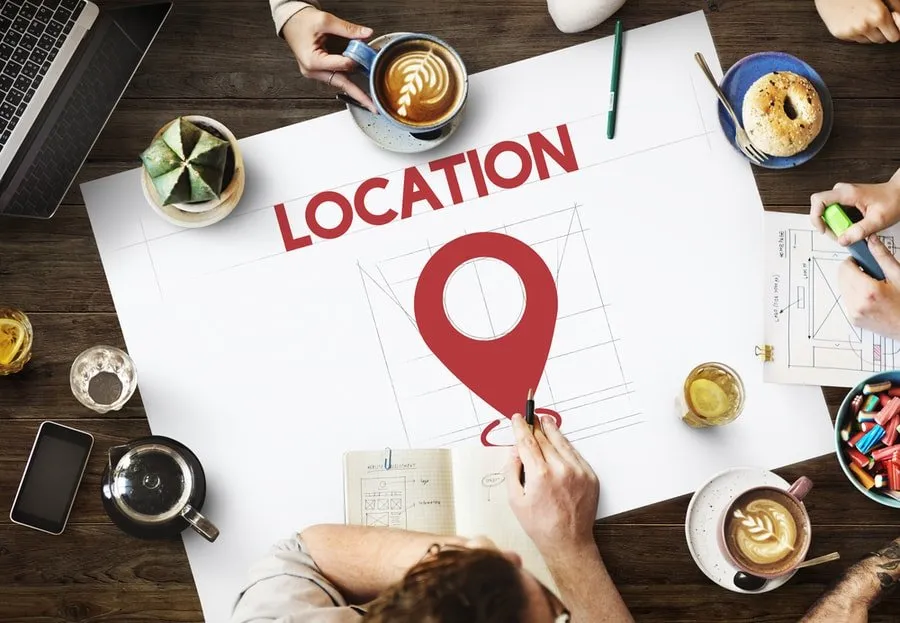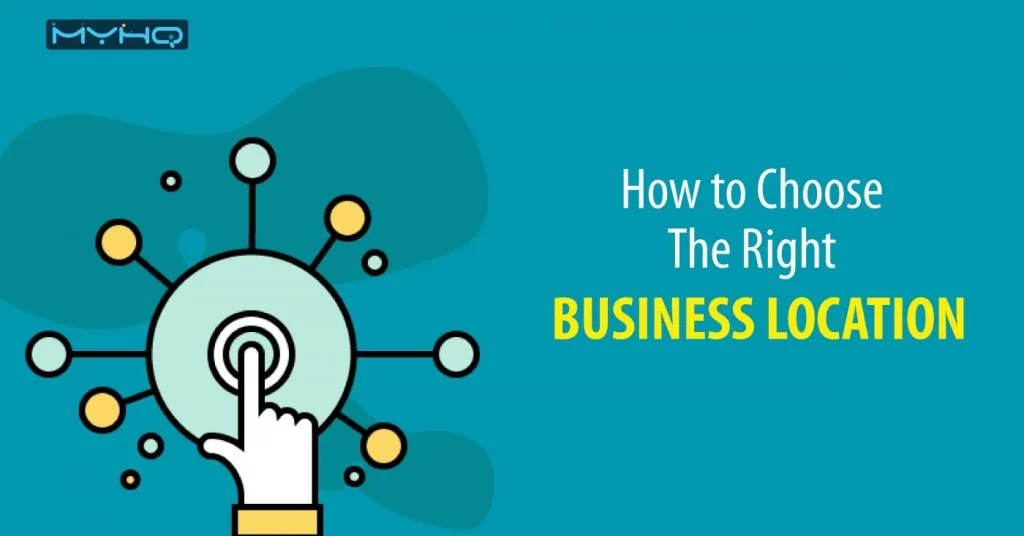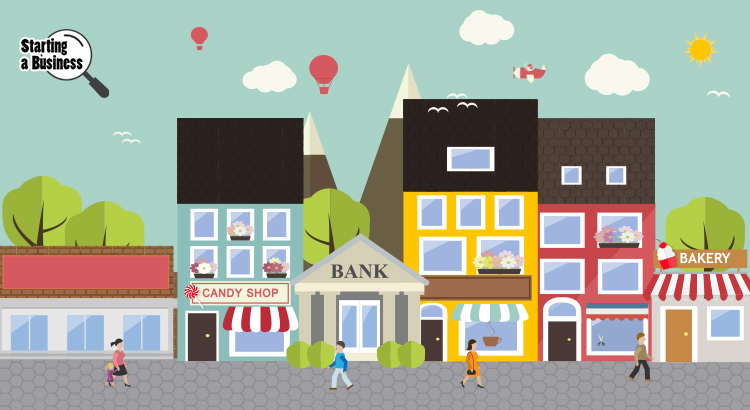Where should you position your business? An expert will tell you the location is vitally important to your company’s success. How important location is to your new company depends on the type of business, the facilities and other resources you need, as well as where your customers are. By analyzing your options and determining your needs, you’re well on your way to finding the right business location for you. Businesskd website will analyze the factors to consider when choosing the right business location for you.
The meaning of choosing the right business location
Choosing the right location for a business is critical to its success. The location can impact the business’s ability to attract customers, access to resources, and the overall costs of running the business. Essentially, finding the right place to do business means being in the right place at the right time to maximize your chances of success.

Decide on a business location type
-
Home Business – Consider moving into a new house or expanding on to your current one if you work from home but need additional room to accommodate your workplace needs.
-
Retail Business – Don’t restrict yourself to malls and shops in the downtown area. Additionally, freestanding buildings, kiosks for special events, and airports all have shop space available.
-
Mobile Business – The only enterprises that traveled around in the past were circuses and service providers for festivals. Today, however, mobile card readers make it possible for businesses to add mobile food truck sites and build temporary stores near the beach.
-
Commercial Business Spaces – Commercial company spaces have the opportunity for future expansion, but they are frequently appropriate for companies that do not rely on heavy customer traffic.
-
Industrial Park – If you own a manufacturing or distribution company, you may have unique requirements and perhaps fewer alternatives for expanding. Industrial parks are essential for businesses that require a large amount of warehouse space, access to major shipping lanes, or that may produce pollutants.
Things to consider when choosing a Business Location
Demographics
You should consider two key perspectives when looking at demographics. Consider who your target audience is and how near they are to your business first. For certain service providers and merchants, this is crucial, but not for all of them. Second, think about your neighborhood. Is your consumer base local, and what proportion of it patronizes your company or fits your target market?
Accessibility
Consider the accessibility of the place for everyone going there. If you’re on a busy street, is it easy for cars to get in and out of your parking lot? Your facility also needs to be accessible to people with disabilities. What kind of delivery are you likely to get and will your suppliers have easy access to the facility?
Rent cost
You should compare prices as you reduce the options for your place of business. In the event that the buildings are near one another, your lease will probably cost the same. The Hartman Income REIT states that most companies should pay rent that is 10% or less of their gross revenue. Getting fair rental pricing will be essential to the success of your business because rent is often the largest monthly expense you have.
Competition
Are there any neighboring rival businesses? In some circumstances, such as those where comparative procurement is widespread, this may be useful. If you’re in a restaurant or entertainment district, you can also see a surge from nearby companies. Look elsewhere if a local rival will simply make your marketing more challenging.

Foot traffic
Some tiny companies might benefit greatly from strong traffic. If the location you’re searching for is in a busy area, go there multiple times during the day to see how the crowds fluctuate. Try to determine how the volume of traffic in the targeted region of a prospective site could assist your business.
Parking lot
No matter how appealing your company may seem, having enough parking should be a top priority. Does your company offer easy parking, or will clients have to pay to park- and are they willing to do so? If paying for parking is your sole choice, you should also think about if your company provides authentication.
Growth potential
Examine your five-year and one-year objectives. Do you want to expand your company or perhaps even add more locations? You should pick a location for your company that will let you grow your services as necessary. It would be a good idea to pick a big site first if a surge in demand will need relocation. While this may initially cost more than picking a tiny site, it may end up saving you money.
Crime rate
Some companies require greater security than others. A modest restaurant could merely require a reliable padlock, whereas a jewelry store might require a sizable, sophisticated, and high-tech alarm system. Analyze the area’s general safety, too. There are more crimes in certain areas than in others. If your place of business is located in one of these regions, be sure to take the necessary security measures to guard against theft and property loss. And you might want to think about another location if your firm is one that is prone to theft.
State and Local Taxes
When considering business locations, don’t forget to take state and local taxes into account. Depending on the region, these taxes can have a significant impact on your bottom line. While some states do not impose an income tax, others do. Before settling on a site, make sure to investigate the tax consequences of each one.

Vendors and suppliers
If you don’t choose a location that makes it simple for you to communicate with your suppliers and agents, you can have substantial delays or recurring issues with inventory levels. When weighing your alternatives, determine which location makes it simpler and less expensive to obtain the basic materials you require to function.
Infrastructure quality
Of course, finding the right place of business is not just about the property but also about what’s in the property. Find a location with a building that both you and your employees enjoy. Consider its perspective from a client or potential client. You need a structured placement that works best for your business and your customers.
Conclusion
These are some of the factors to consider when choosing a business location. By taking the time to evaluate each of these factors, you can make an informed decision about the best place to set up shop. Don’t forget that the perfect place to do business doesn’t exist. There will always be trade-offs, so weigh your options and choose the location that works best for your particular business.


